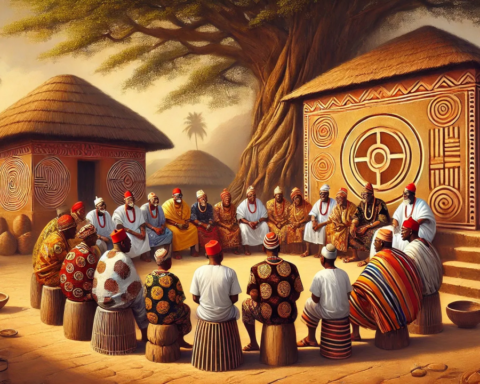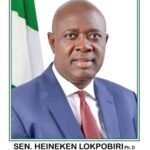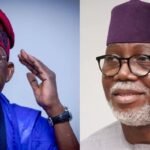A Professor of History, Prof. Chukwuma Opata, has decried what he described as “the wrong notion” that Africans are people without history, saying that human civilisation actually began in Africa.
Opata, the immediate past Chairman, Academic Staff Union of Universities (ASUU), University of Nigeria, Nsukka (UNN), stated this yesterday (Monday, October 28), at the Memorial Lecture in honour of the late historian, Prof. Catherine Acholonu, on Monday at UNN.
The event was organised by the Catherine Acholonu Centre for African Cultural Sciences and the Department of Tourism Studies UNN.
Acholonu was an author, researcher and political activist who served as the Senior Special Adviser (SSA) to former President Olusegun Obasanjo on Arts and Culture, and was a founder-member of the Association of Nigerian Authors (ANA).
Opata, a lecturer at the Department of History and International Studies, UNN, explained that civilisation commenced from Africa before moving to Europe and other parts of the world.
He regretted that Africa’s failure to tell her story had made the Western world not only claim that civilization Africa had no civilisation before the advent of European colonists in the continent but also that Africans are, in fact, a people without history.
While urging Africans to tell their own story, Opata disclosed that civilisation actually started in Igboland, assuring that there are facts to prove it.
Opata, who was also a Guest Speaker, described Acholonu as an advocate for Nigerian identity, who ensured that Nigeria’s contributions to civilisation were not only remembered but also celebrated.
According to him, the late academic worked diligently to ensure that artefacts like the Ikom Monoliths were included in the World Monuments Fund in its 2008 Watch List of 100 most endangered sites for cultural presentation.
“Her life’s work, which included blending scholarship with activism, was dedicated to the preservation, repatriation, and global recognition of Nigerian artefacts and cultural legacies.
“She championed many causes, particularly the fight for the recognition of Nigeria’s contributions to global issues.
“One of Acholonu’s most notable initiatives was her tireless advocacy for the repatriation of Nigerian artefacts that had been taken to other countries during colonial period and now reside in private collections and museums worldwide,” Opata said.
Earlier, the Acting Head, Department of Tourism Studies, Dr Chidinma Oguamanam, highlighted the significant contributions of Acholonu to the understanding of the Igbo people and their cultural heritage.
Oguamanam pointed out that Acholonu was a visionary scholar whose research challenged traditional narratives and provided new insights into Igbo history.
Paying tribute to the departed great scholar, Oguamanam said Acholonu’s legacy would continue to inspire future generations of scholars and researchers, especially in the complex history of the Igbo people, and paid tribute to the great scholar.
Also, the daughter of the late Acholonu, Ms Ifunanya Acholonu, said the perception of Black Africa by Western scholarship as dark, dormant, without history or civilisation had always rankled her mother, who was fascinated by the Black African identity.
She maintained that Although her mother was not a historian but a scholar of literature, African literary studies and linguistics, she had always felt the pressure to engage in her own research and discover for herself the true story of Africa and whether or not Africa played a role in the history of mankind and civilization.
“She discovered that prehistoric Igbos influenced world civilization and gave humanity writings, language, belief systems, knowledge, culture, and wisdom.
“My mother also discovered that our oral traditions bear records of our history, kingship patterns, migrations, and ethnic bloodlines.
“More so, when other Nigerian and foreign scholars had not suspected that the symbols on the monoliths were a form of writing, Prof Acholonu was the first to make that discovery.
“After 11 years of research, she stumbled on what she called a library of ancient stone inscriptions, comprising of Monoliths called Ikom Monoliths, numbering about 350 in Ikom and neighbouring villages,” Ifunanya said.
She added that her mother noticed the enigmatic writings on them, consisting of geometric and astrological symbols.
“Similar symbols were found on Igbo-Ukwu artefacts, and upon decoding, the symbols observed that these writings were communicating about the people who wrote them.
“Her findings were covered in four books tagged the African Renaissance Series. Through these books, she called for a reconstruction of the truth of the pre-history of Black African Indigenous Peoples.
“A rewriting of our story and for our people to take their ancient heritage seriously rather than accept doctored narratives handed down to them by western scholarship”, Ms Acholonu was quoted by the News Agency of Nigeria as surmising.


























